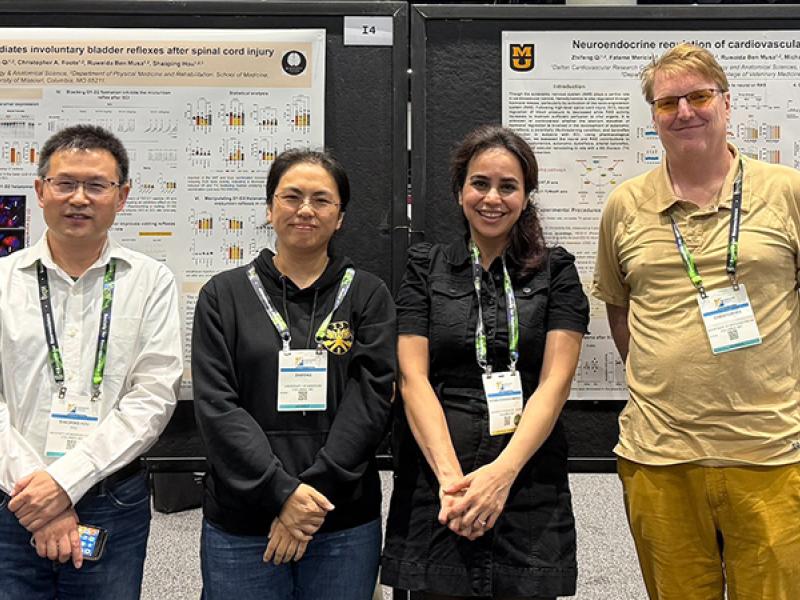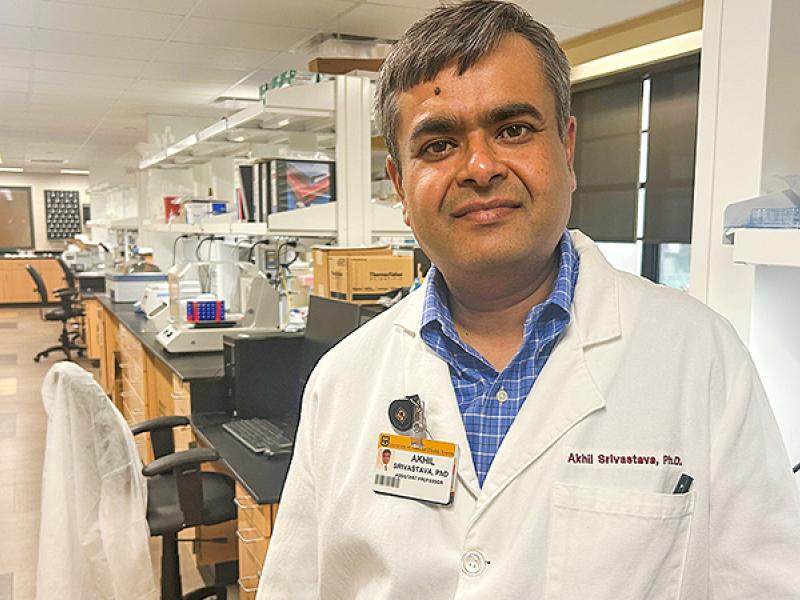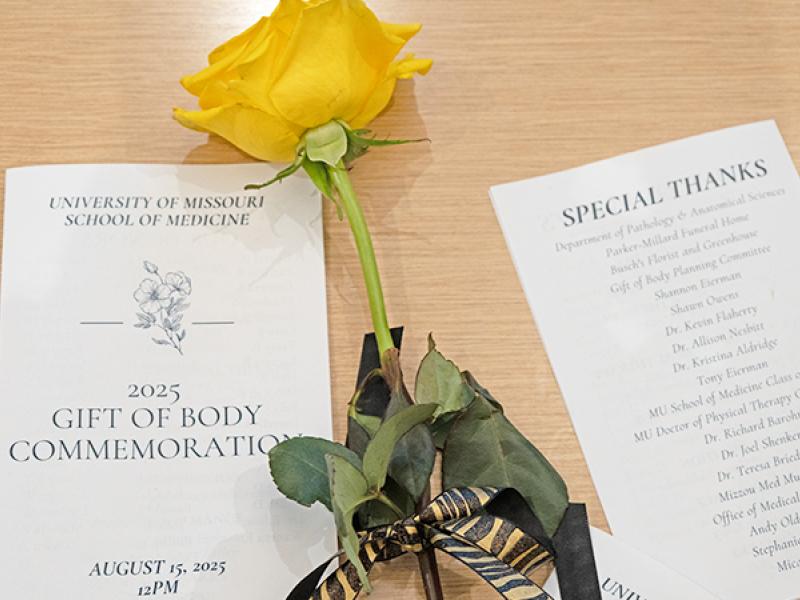Our Gastrointestinal (GI) Pathology Fellowship offers rigorous, comprehensive training in diagnosing diseases of the luminal GI tract and pancreas, as well as advanced training in hepatic pathology, molecular pathology, and GI pathology informatics.
Fellows receive both supervised and independent case sign-out opportunities, providing valuable exposure to a broad range of cases. During the first six months, fellows focus on structured training with faculty guidance; in the second half, eligible fellows advance to Clinical Instructor status, where they independently sign out GI biopsies and resections under expert supervision.
Program Structure and Clinical Training
This 13-block, one-year program immerses fellows in:
- Nine blocks dedicated to GI Surgical Pathology
- GIS (surgical resections)
- Covering complex and routine resections of GI specimens.
- GIBx (biopsies)
- Including biopsies, fine needle biopsies (FNB), endoscopic resections (EMR/ESD), and liver biopsies.
- GIS (surgical resections)
- One block each in Molecular Anatomic Pathology and Pathology and Research Informatics, enhancing molecular and digital pathology expertise.
- Two elective blocks that provide flexibility for fellows to pursue interests in GI or other related pathology areas within the department.
Throughout the year, fellows gain proficiency in evaluating GI resection and biopsy specimens and performing intraoperative consultations. In the first six months, fellows work closely with residents, providing supervision in the gross room and previewing cases under faculty guidance. In the second half of the year, based on their progress, fellows either conduct “mock” sign-out or assume full sign-out responsibilities with faculty oversight, enhancing their clinical independence.
Mission and Goals
Our fellowship’s mission is to produce pathologists with advanced skills in diagnosing the full spectrum of GI pathology. This program emphasizes:
- Comprehensive examination of neoplastic and non-neoplastic GI surgical specimens, ranging from routine biopsies to complex resections of the pancreatobiliary and hepatic systems.
- Confidence in conducting intraoperative consultations (frozen sections) and building collaborative relationships with surgeons.
- Clinical-pathologic correlation to enable pathologists to contribute as vital members of the healthcare team.
- Mastery of new diagnostic techniques that improve patient care and prognosis.
- Integration of pathology informatics for a modern diagnostic approach and enhancement of presentation skills.
Research, Conferences, and Educational Activities
Our fellowship provides an enriching academic environment with numerous research and educational opportunities. Fellows are encouraged to pursue one or more research projects, aiming for publication in peer-reviewed journals, and to participate in educational activities and conferences. Available conferences include:
- GI Pathology QA/Case Review Conference
- Multidisciplinary Tumor Board
- Journal Club
- Microscopic slide review (organ-based for clinical GI fellows)
- GI Research Meetings (optional)
- Hepatobiliary Tumor Conference
- GI/Liver Grand Rounds
- Surgical Oncology Conference
- Other department and AP-focused didactic conferences
In addition, fellows deliver a 45-50 minute Grand Rounds presentation on a research project or clinical topic, enhancing their presentation skills and professional development.
Interdisciplinary Collaboration
Our program fosters extensive clinical and research collaborations across the institution. Fellows work with specialists from Gastroenterology, Hepatology, Hematology Oncology, GI Surgery, Pediatric Surgery, Radiology, Bariatric Surgery, and the Ellis Fischel Cancer Center, gaining a well-rounded, multidisciplinary perspective on GI pathology.
Fellow Responsibilities
Fellow responsibilities focus on evaluating surgical and biopsy specimens, conducting intraoperative consultations, and participating in clinical duties related to GIS and GIBx cases. Fellows do not have autopsy responsibilities.
- First six months: Fellows perform and supervise grossing, oversee resident activities in the gross room, and conduct frozen sections with faculty backup. Case previews are done in collaboration with residents and PAs, with final sign-outs occurring under attending guidance.
- Second six months: Fellows, based on performance, either sign out independently with faculty backup or perform mock sign-out for continued learning. Intraoperative consultations are handled independently with faculty support as needed, and fellows lead case preview for resident-grossed specimens.
Evaluation Process
The GI Pathology Fellowship uses an electronic evaluation system where faculty provide feedback at the end of each rotation, with formal evaluations conducted twice yearly. This process ensures continuous improvement and provides fellows with the guidance needed to meet the program’s high standards.
Stipends
Support is commensurate with the candidate’s level of training.







